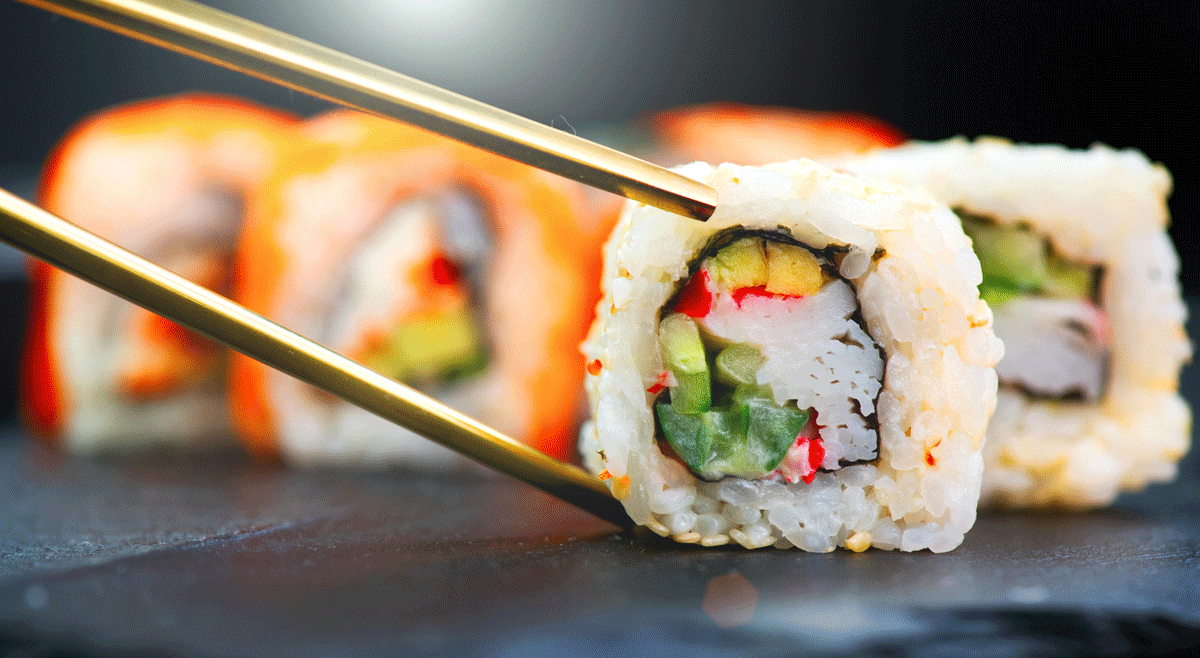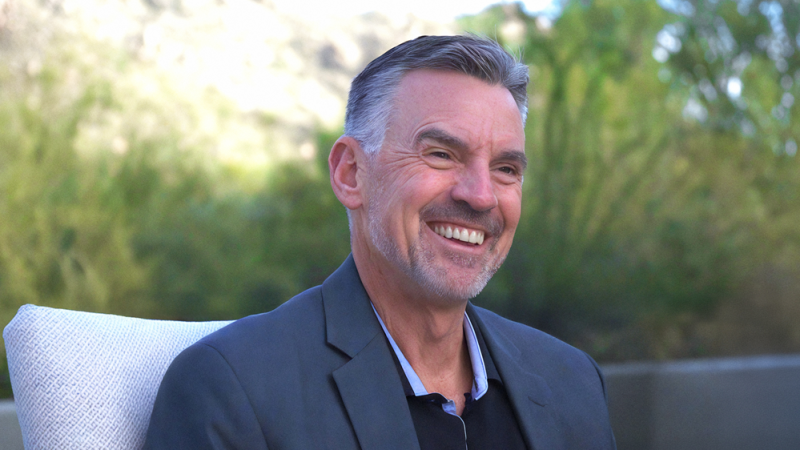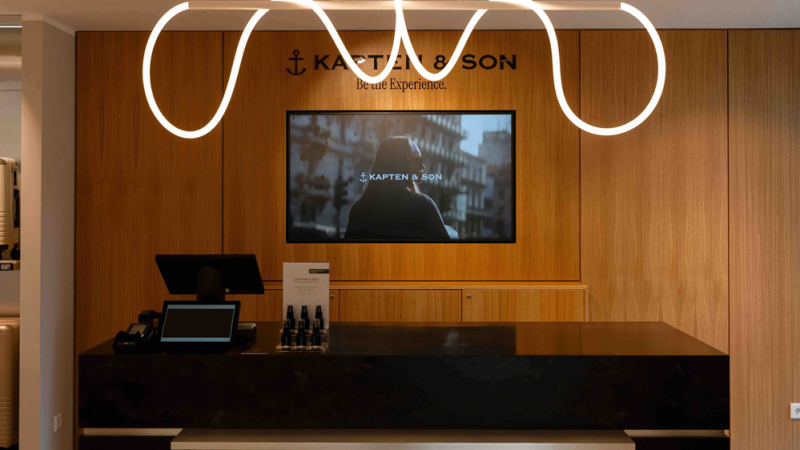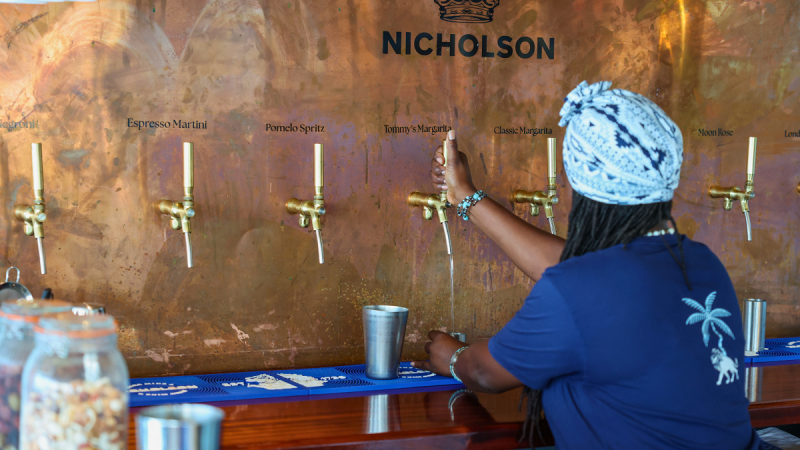If you ask most people what sushi is, they will likely answer “raw fish”. But that is a misconception. “Sushi is all about the quality of the rice,” says Andy Wilkinson, Managing Director of Ichiban UK. “It is the only real cooking that happens in the preparation of sushi. You cook and vinegar the rice, and anything you put with it becomes sushi. So, it is critical to a good product, and we have invested heavily in ensuring our rice is the very best in the UK.”
If you are eating sushi in the UK, there are good odds that it was made by Ichiban UK. The company is one of the two largest sushi manufacturers in Britain. Their facility near Stowmarket, Suffolk, among 42 acres of green fields, has been making sushi for 17 years. Until 2013 it was owned by Japan’s second largest corporation, and then for the last decade it has been owned and run by the local partnership of Bob and Trish Baker.
Today, Ichiban UK’s 450 staff send half a million packs of sushi to the market a week.
“We make sushi for most of the major British retailers, both branded and own-label,” says Wilkinson.
Ichiban UK’s own brand is Yumie brand sushi, and it exemplifies the kind of quality assurance on which Ichiban UK has built its reputation. Of course, every business wants to be considered the best, but when Ichiban uses the word, it has a very specific and quantifiable meaning.
“We have the highest possible technical standards in the UK, including the highest EHO accreditation for food safety and highest possible grade, Grade 5, when we are audited by retailers,” Wilkinson says. “Technically we are the best in the UK. We are making an important product, so it is important that we maintain those uncompromising standards.”
If you take a closer look at any facet of Ichiban UK, you will not go far before running into the importance of quality.
“We prioritise quality on three fronts,” Wilkinson says. “The first is the quality of the product, the second is the quality of the facilities that we make the product in, and the final front is the staff within that.”
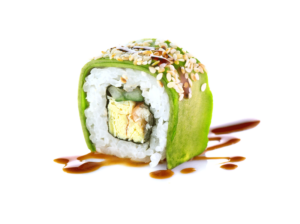 The Right Rice
The Right Rice
The product’s quality is grounded in the raw materials it is made from. Rice is the foundational part of that, which is why Ichiban UK recently invested in a state-of-the-art continuous rice cooker, the only one of its type in Europe.
“We can cook three tons of rice every single day on it, and the quality we get from that is absolutely superb and consistent,” Wilkinson says. “We have got the best rice cooker. That is what sets us apart from the market.”
Sourcing rice of the right quality to cook is an additional challenge. Ichiban sources its rice from various countries. Currently, the company is predominantly using Australian rice.
As Wilkinson points out, “Rice, among some of our other ingredients, can be difficult to source for all 12 months of the year. We can be affected by geopolitical situations such as disruptions on the Suez Canal or the Red Sea. A lot of our raw materials are brought in by container, so it can be difficult.”
While rice might be the most essential of such ingredients, there are others. Some things Ichiban needs have to be brought in from East Asia, such as the edible seaweed; nori, sesame seeds, and other bespoke Japanese ingredients. Then again, where possible, Ichiban tries to source from closer to home.
And it is here we come to the famous fish.
“One of the most important ingredients we use is smoked salmon,” Wilkinson says. “That has to be welfare approved, so it comes primarily from Scotland. That is a big outlay for us and an important raw material. All those fish farms are welfare-approved. We do everything we can to use only the best quality raw materials, and if we can get them locally we will.”
But as Wilkinson explains, getting fresh ingredients to Ichiban’s factory is only half the battle.
Fresh to Your Lunchbox
This is a concern that has been planned into Ichiban UK’s business model from the very beginning. The site of its manufacturing facility was chosen because its location makes it possible to supply all the major retail depots.
“Chilled sushi has a short shelf life, so we allow only one day to transport the finished product to the regional distribution centres,” Wilkinson tells us. “To maintain a supply of fresh product, we are open 24/7, 364 days a year, letting us meet key lorry departure times for every single store, every single day. It is a complex system, but we are part of that. Our service level is as good as it can be, putting us almost at the top of the chilled supply list.”
It is not a new challenge. Making and delivering chilled food has always been difficult. Manufacturers need to guess the volume their customers will need, and if they guess too low there is no time to go back and make extra. Every single ingredient and component of the food needs to be fresh and needs to be made on the day.
“That’s a huge and complex logistical task, but if it was easy everyone would be doing it,” says Wilkinson. “Every day is different. Our business is seasonal- people buy more sushi in the summer than in the winter. So, we have to adjust our volumes accordingly.”
Once again, it is Ichiban UK’s quality that proves to be its saving grace.
“The key is to maintain the highest quality of product so that people keep coming back because they know how good it is,” says Wilkinson.
Achieving that quality means relying on the skills of Ichiban UK’s staff.
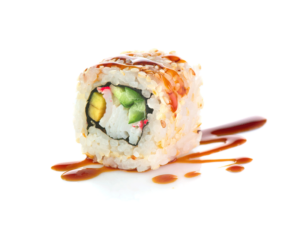 The Handmade Touch
The Handmade Touch
When one imagines a modern factory, one pictures a series of automated processes, but when asked about automation Wilkinson simply says, “I wish! The reason we have got 450 staff is a lot of the sushi-making process is skilled work.”
Growing and maintaining that talent pool is Ichiban’s biggest challenge.
Wilkinson tells us, “Once staff are recruited, they enter a comprehensive onboarding process to help them strive for continuous improvement, from day one to being fully trained and competent in all of our processes. It is a nice working environment, we tend to retain our staff and work closely with the agency, Stafforce who have an on-site office to help us with temporary and agency labour and ensure all our workers have a positive relationship with the business.”
But while quality is essential, Ichiban does not just create high-quality, innovative sushi. It does it in an environmentally responsible manner.
“We have invested heavily in our green policy, introducing improvements such as a biomass boiler that has removed the need for 500 litres of kerosene,” says Wilkinson. “We are the only food manufacturer with all its hot water for cleaning heated by biomass and wood chip. Our factory lighting is all LED. This is why a few years ago we won Suffolk’s greenest business.”
The sushi market is maturing in the UK, with Ichiban’s products becoming more prominent in front-of-store lunch offerings. As customers seek out more diverse tastes, Ichiban UK is ready to offer them.
“We recently bought a noodle cooker to offer a range of ready-to-eat noodle dishes and further diversification,” Wilkinson says.
